4 GREAT WAYS TO PAY LESS TAX IN YOUR PROPERTY PORTFOLIO
Property investors are often advised to buy property in their name without knowing the tax implications of building a property portfolio in this way. The danger of this advice is that you are not only often taxed at a much higher tax rate than you would have been in the correct structure, but you also have very little flexibility to distribute profits to pay less tax.
In one of our previous articles, Should you Buy Property in your Own Name, a Company or a Trust, we discussed the best structures to build your property portfolio in detail.
Today, we will discuss four great tax benefits when you use the correct structuring for your property portfolio.
1. LOWER TAX RATES
When you build a property portfolio in a company, you get taxed on the company’s net profit for the year multiplied by the applicable tax rate (27% in May 2023). This is a lower tax rate than what most individuals with property portfolios are on.
This approach is ideal if you want to keep the company’s profits in the company to build your property portfolio further. If you want to move the funds out of the company, you can pay out salaries or directors’ remuneration. Alternatively, you could declare a dividend, but that will result in an additional dividend tax (20% in May 2023).
For capital gains tax, only a portion of your capital gains is taxed. For a company, the capital gains inclusion rate is currently 80%. This means that 80% of the capital gains will be taxed at 27%, resulting in a 21.6% capital gains tax rate.
Trusts are taxed at 45% (in May 2023), a last resort for a taxpayer. This means that when a trust makes a net profit or capital gain, it is usually distributed to the beneficiaries as income or capital gain, and the beneficiaries pay tax in their personal capacity with their applicable exemptions and tax scales. This wonder is called the conduit principle.
2. RECORDING TAX-DEDUCTIBLE EXPENSES
One of the greatest tax advantages that property investors miss out on is tax-deductible expenses they are not deducting. They end up paying more tax than what they ought to pay. If your properties are held in an entity, proper annual financial statements need to be prepared where all these expenses can be recorded, resulting in paying much less tax. In other words, record all eligible expenses that can be deducted from your taxable income for significant tax savings.
As we discussed in our article, How To Run Your Property Portfolio Like a Business, running your property portfolio like a business is crucial if you want to maximise your tax benefits.
3. ACCUMULATED LOSSES
When you have built a property portfolio in an entity, and that entity has losses for the first couple of years, you can track those losses in the annual financial statements of the entity that holds the properties. These accumulated losses can be written off against the entity’s future profits, and thus, you’ll pay significantly less tax.
Offsetting accumulated losses is a widely-recognised and valuable tool to reduce tax liability and maximise long-term financial gains. Many investors and tax experts consider it a key benefit of holding properties within an entity, and, of course, I agree!
4. MAXIMISING UNREALISED GAINS AND MINIMISING REALISED GAINS
Then there is, of course, refinancing. The beauty of refinancing is that you are not taxed on refinanced funds. You are using unrealised gains (capital appreciation of the property) without selling the property or paying capital gains tax. Many property investors use this to build massive property portfolios without paying a cent tax. When you refinance, your interest expenses go up, which is a tax-deductible expense that reduces the taxes you need to pay.
It is very possible to stay close to breaking even while you experience capital growth (unrealised gains) with your property portfolio. Basically, you have your rental income as the income and the interest portion of the bond, levies, rates, management fees, maintenance, insurance etc., as the expenses. This is another reason I like refinancing so much; it gives me access to my capital gains and is tax-free!
Note: When you play the gearing game, you must have sufficient cash reserves (in an access/flexi bond). You should always have at least 10 to 15% of your properties’ market value in cash. If not, a safe investment can become very risky very quickly.
And there you have it, the reasons why investing in property is so lucrative from a tax perspective and why you should have the correct structuring in place when you build a property portfolio. Property investment can be incredibly lucrative when done right. In the end, no matter which entity you choose to hold your properties in, proper structuring will help you maximise your tax savings, protect your assets, and streamline your financial management.
Read the entire article in the May/June Edition of Real Estate Investor Magazine.


